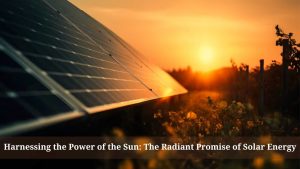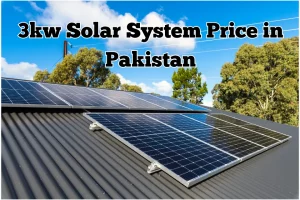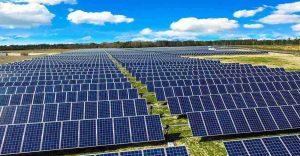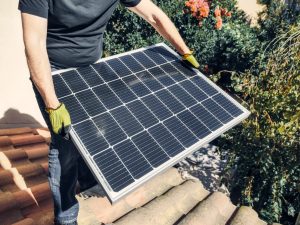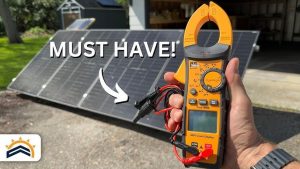Flexible Solar Panels Powering the Future, One Bend at a Time
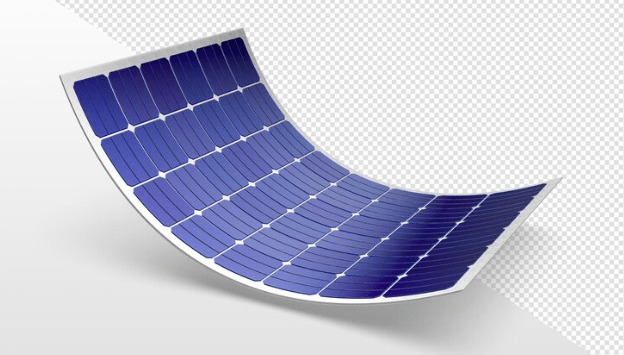
Flexible Solar Panels Powering the Future, One Bend at a Time
Flexible solar panels are a cutting-edge technology that offers a versatile and innovative approach to harnessing solar energy. Unlike traditional rigid solar panels, flexible panels can be bent, folded, or curved, making them suitable for a wide range of applications.
How Flexible Solar Panels Work
Flexible solar panels are composed of thin-film photovoltaic (PV) cells, which are significantly thinner and more flexible than traditional crystalline silicon solar cells. These cells are typically made of materials like amorphous silicon, cadmium telluride, or organic polymers. When sunlight strikes the flexible solar cells, it generates electricity, just like traditional solar panels.
Advantages of Flexible Solar Panels
- Versatility: Flexible solar panels can be installed on curved surfaces, such as the roofs of RVs, boats, and cars.
- Lightweight and Portable: Their lightweight and flexible nature make them easy to transport and install.
- Durability: Flexible solar panels are resistant to impacts and can withstand harsh weather conditions.
- Aesthetics: They can be integrated into various architectural designs, adding a modern and stylish touch.
- Low-Light Performance: Flexible solar panels can generate electricity even in low-light conditions.
Applications of Flexible Solar Panels
- Portable Power: Flexible solar panels can be used to power portable devices like smartphones, tablets, and laptops.
- Rooftop Integration: They can be integrated into roof tiles or shingles, providing a seamless and aesthetically pleasing solution.
- Vehicle Integration: Flexible solar panels can be used to power electric vehicles or charge batteries.
- Remote Power Systems: They can be used to power remote sensors, communication devices, and other electronic equipment.
- Building-Integrated Photovoltaics (BIPV): Flexible solar panels can be integrated into building facades, windows, and other architectural elements.
Challenges and Considerations
- Lower Efficiency: While flexible solar panels have made significant strides, their efficiency is generally lower than that of traditional rigid solar panels.
- Durability Concerns: Although durable, flexible solar panels may be more susceptible to damage from extreme weather conditions.
- Cost: Flexible solar panels can be more expensive than traditional rigid solar panels.
The Future of Flexible Solar Panels
As technology continues to advance, flexible solar panels are becoming increasingly efficient and affordable. With ongoing research and development, we can expect to see further innovations in this field, unlocking new possibilities for solar energy applications. Flexible solar panels have the potential to revolutionize the way we harness solar energy, making it more accessible and integrated into our daily lives.
By embracing flexible solar panel technology, we can contribute to a more sustainable future and reduce our reliance on fossil fuels.
